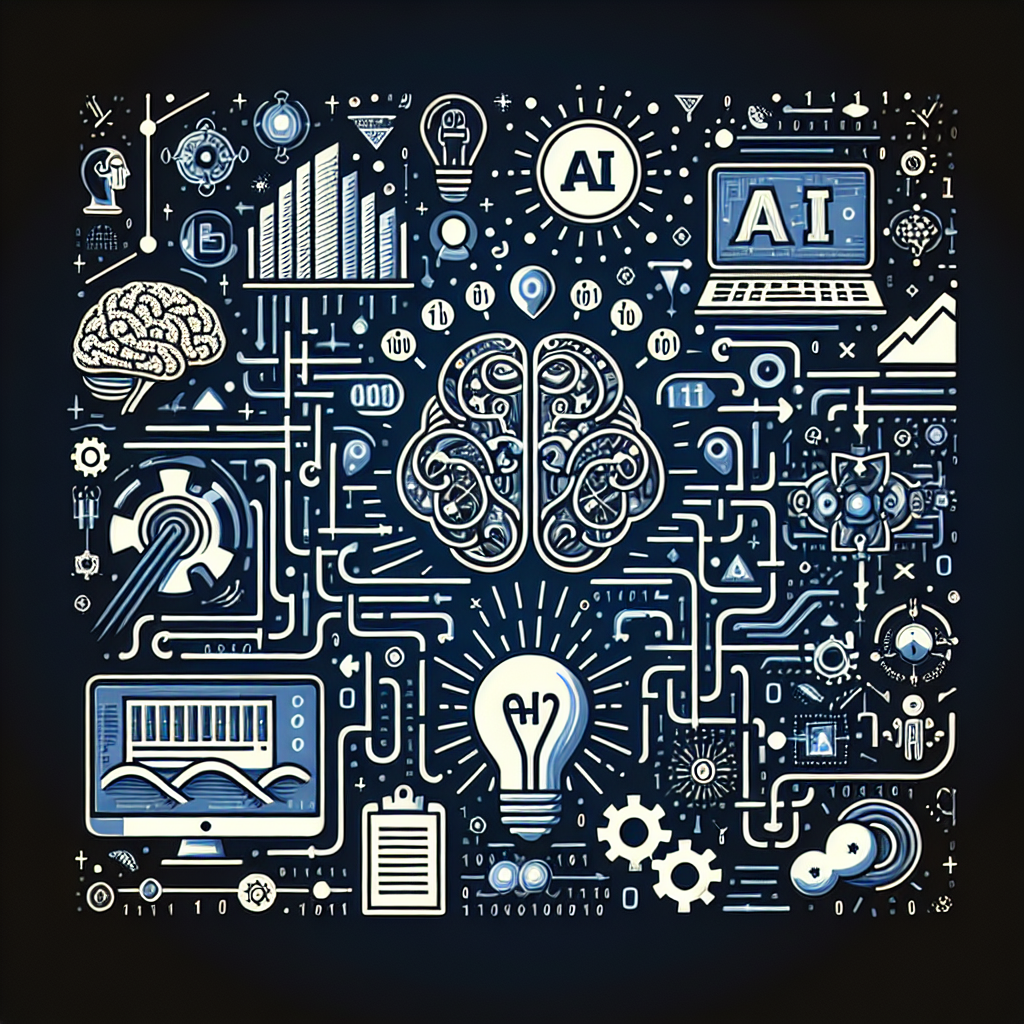The Quest for AGI: Challenges and Breakthroughs in AI Development
Artificial General Intelligence (AGI) is the holy grail of AI research. It refers to the development of machines that can perform any intellectual task that a human can. While we have seen impressive advancements in narrow AI systems that excel at specific tasks, such as image recognition or natural language processing, achieving AGI remains a daunting challenge. In this article, we will explore the challenges and breakthroughs in AI development on the path to achieving AGI.
Challenges in Developing AGI
1. Understanding and Replicating Human Intelligence: One of the biggest challenges in developing AGI is understanding the complexity of human intelligence and replicating it in a machine. Human intelligence is a result of a complex interplay of biological, cognitive, and environmental factors. Replicating this in a machine requires a deep understanding of the human brain and mind.
2. Generalization and Transfer Learning: Humans are capable of transferring knowledge and skills learned in one domain to another. This ability, known as transfer learning, is essential for achieving AGI. Current AI systems struggle with generalization and often require large amounts of labeled data to perform well in a new task.
3. Common Sense Reasoning: Humans possess common sense knowledge that enables us to make sense of the world and make decisions in ambiguous situations. This kind of reasoning is still a major challenge for AI systems, as they often lack the ability to understand context and make inferences based on incomplete information.
4. Ethical and Societal Implications: The development of AGI raises ethical and societal concerns, such as job displacement, privacy, bias, and control over AI systems. Ensuring that AGI is developed responsibly and ethically is crucial to its acceptance and adoption.
Breakthroughs in AI Development
1. Deep Learning: Deep learning has revolutionized AI research by enabling machines to learn complex patterns from data. Neural networks, a type of deep learning model inspired by the human brain, have achieved remarkable success in tasks such as image and speech recognition. Deep learning is a key component in the development of AGI.
2. Reinforcement Learning: Reinforcement learning is a type of machine learning that enables agents to learn through trial and error. This approach has been successful in training AI systems to play games, control robots, and optimize complex systems. Reinforcement learning is a promising approach for achieving AGI.
3. Transfer Learning: Transfer learning allows AI systems to leverage knowledge and skills learned in one domain to perform well in a new domain. This approach can help address the challenge of generalization in AI systems and accelerate progress towards AGI.
4. Self-Supervised Learning: Self-supervised learning is a type of machine learning where models are trained on unlabeled data to learn useful representations. This approach has shown promise in enabling AI systems to learn from large amounts of unstructured data and generalize to new tasks.
5. Multi-Modal AI: Multi-modal AI systems combine different modalities, such as text, images, and audio, to perform more complex tasks. This approach is inspired by how humans perceive and interact with the world. Multi-modal AI systems have shown promising results in tasks such as language understanding and image generation.
FAQs
Q: When will AGI be achieved?
A: The timeline for achieving AGI is uncertain, as it depends on various factors such as technological advancements, research progress, and funding. Some experts predict that AGI could be achieved within the next few decades, while others believe it is still far off.
Q: What are the risks of AGI?
A: The development of AGI raises concerns about job displacement, privacy, bias, and control over AI systems. Ensuring that AGI is developed responsibly and ethically is crucial to addressing these risks.
Q: How will AGI impact society?
A: AGI has the potential to revolutionize industries, improve efficiency, and enhance quality of life. However, it also raises concerns about job displacement, inequality, and ethical implications. It is important to consider the societal impact of AGI and develop policies to address these issues.
Q: What are the ethical considerations in developing AGI?
A: Ethical considerations in developing AGI include ensuring transparency, fairness, accountability, and safety. It is important to address bias, privacy, and control over AI systems to ensure that AGI is developed responsibly and ethically.
In conclusion, the quest for AGI is a challenging yet exciting endeavor that requires collaboration across disciplines, ethical considerations, and responsible development. Breakthroughs in AI research, such as deep learning, transfer learning, and reinforcement learning, have brought us closer to achieving AGI. By addressing the challenges and risks associated with AGI, we can harness the potential of AI to benefit society and improve the human condition.

